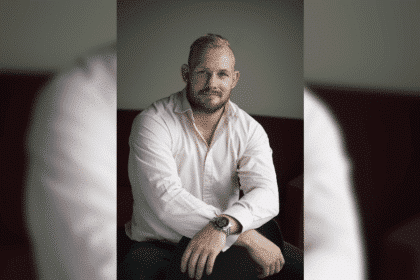Many ads for cosmetic brands contain some form of statement on the ad, such as ‘scientifically proven’, ‘award-winning’ and ‘miracle’, however new research suggests 82 per cent of these claims are pure rubbish.
The study comes from the Journal of Global Fashion Marketing: Bridging Fashion and Marketing, entitled Deception in cosmetics advertising: Examining cosmetics advertising claims in fashion magazine ads. It was authored by Jie G. Fowler, Timothy H. Reisenwitz and Les Carlson.
The research looked at a total of 757 ads for cosmectic products in well-known global magazines such as marie claire, Vogue, Harper’s Bazaar and Elle.
It focused on six specific claims many of them make; superiority claims such as ‘award-winning product’, scientific claims ‘clinically proven’, stand-alone performance claim like ‘your skin feels softer’, endorsement claim such as ‘recommended by dermatologists’, environmental claim like ‘no animal testing’ and subjective claims ‘visibly clearer skin’.
Of the total 757 products looked at within the six categories, only 136 (18 per cent) of them were deemed acceptable.
Some 316 were considered too vague, 130 had omissions from the claims that would have made them testable for truthfulness, and 175 were just outrightly false.
The research however found that many consumers are already well aware of the potentially false claims on beauty product ads, which leads to consumers already feeling defensive about the glossy ads when they see them.
For advertisers, the authors suggested the need to tackle “distrustful consumers” in the marketplace. One way proposed was to use more of the endorsement claims which appeared to be the most positively associated claim on beauty products. For example, using claims such as ‘recommended by dermatologists’ – of course, provided that the product actually is recommended.
“Deception not only undermines the credibility of advertising as a whole by making consumers defensive, but also produces damaging effects for the advertisers who are directly responsible for making the claims,” the authors note in the conclusion.
“The study makes it clear that marketers have a powerful self-interest in upholding the truth in cosmetics advertising.”








